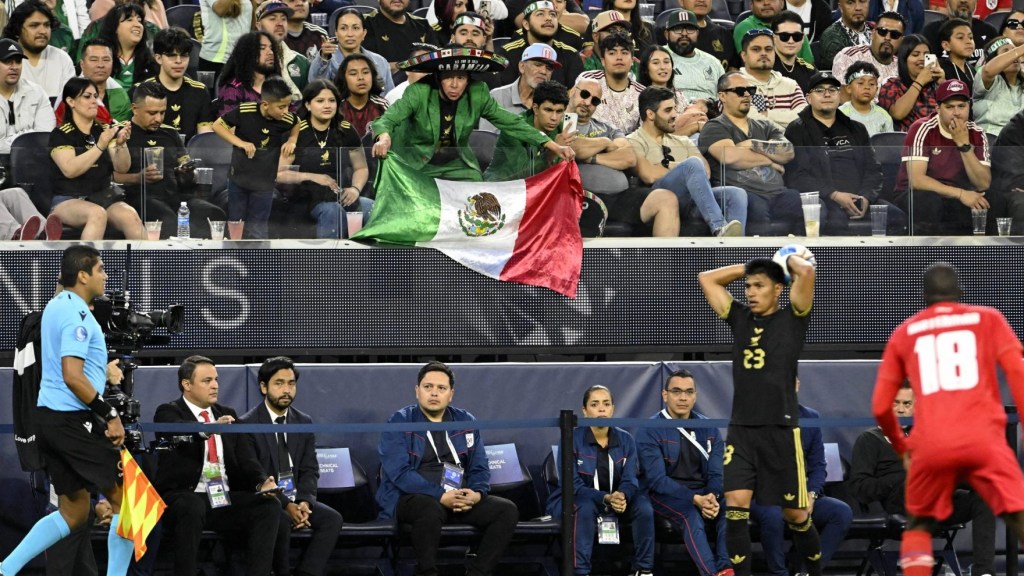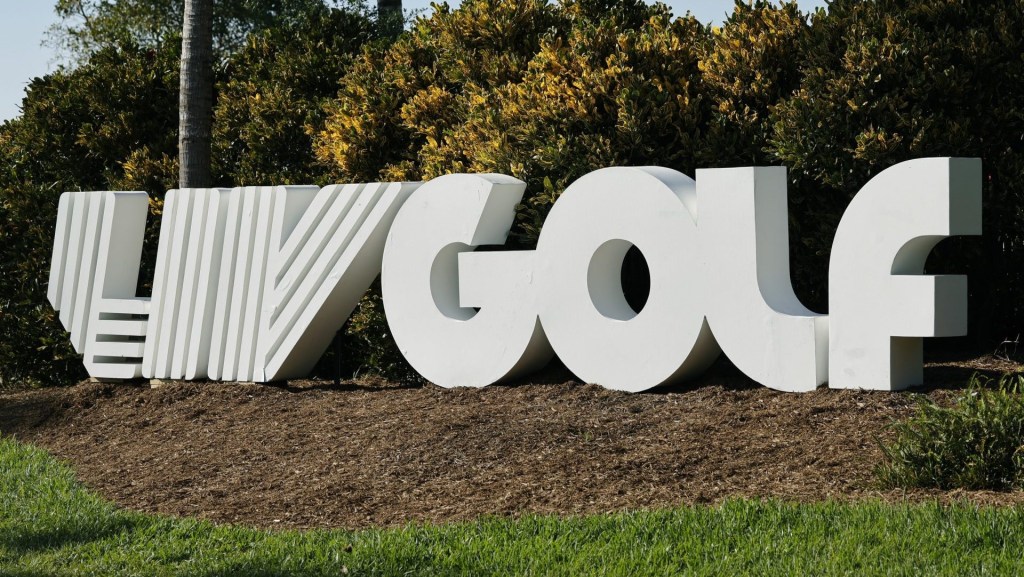Thought by many to be left for dead, soccer’s European Super League could make a surprising return, depending on the outcome of a court proceeding later this week.
After the 2021 demise of the original ESL, in the face of heated public criticism across the continent, two clubs have kept the notion alive: La Liga rivals FC Barcelona and Real Madrid. The two teams have spent the last two-plus years in and out of court, seeking a definitive ruling on their claim that FIFA and UEFA engaged in anticompetitive behavior when threatening to expel any clubs participating in the ESL from their competitions.
Now, representatives from Barca and Real Madrid will argue before the European Court of Justice (the European Union’s Supreme Court) and the forthcoming decision is certain to render huge impacts across soccer. Italian side Juventus had previously been aligned with the two Spanish teams but has since started the process of withdrawing from the ESL.
Lower-court rulings have been somewhat contradictory on the power of FIFA and UEFA to discipline ESL clubs. Most recently, ECJ advocate general Athanasios Rantos published an opinion that said the clubs are free to form their own league, but that FIFA and UEFA can still exclude those clubs from their own competitions. Given the importance of existing competitions, such as UEFA’s Champions League, even a non-binding and advisory opinion such as that one would suggest limited commercial and fan appeal for the ESL.
But the larger question is: Even if UEFA and FIFA prevail in this latest court ruling, will those clubs press forward anyway with the ESL in search of greater riches and control? Spain’s Mundo Deportivo recently reported that Barca and Real Madrid could reap more than $1 billion each from a revived ESL, cash that would go a long way toward resolving growing debt issues at both clubs.





![[Subscription Customers Only] Jul 13, 2025; East Rutherford, New Jersey, USA; Chelsea FC midfielder Cole Palmer (10) celebrates winning the final of the 2025 FIFA Club World Cup at MetLife Stadium](https://frontofficesports.com/wp-content/uploads/2026/02/USATSI_26636703-scaled-e1770932227605.jpg?quality=100&w=1024)











